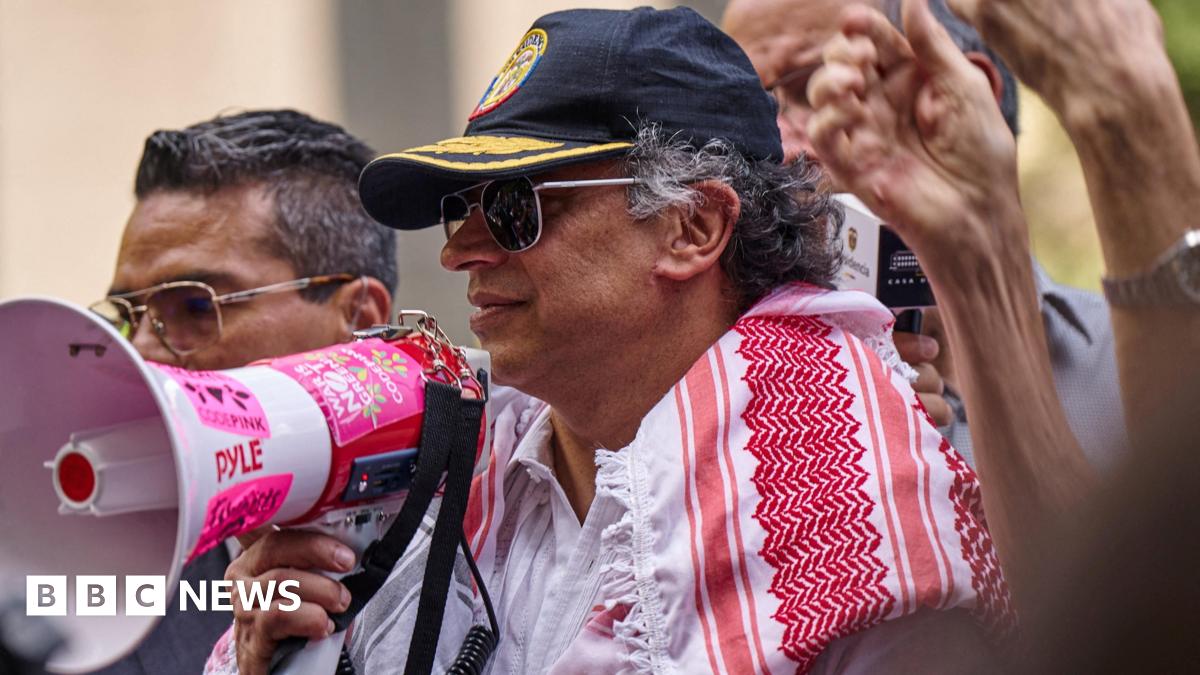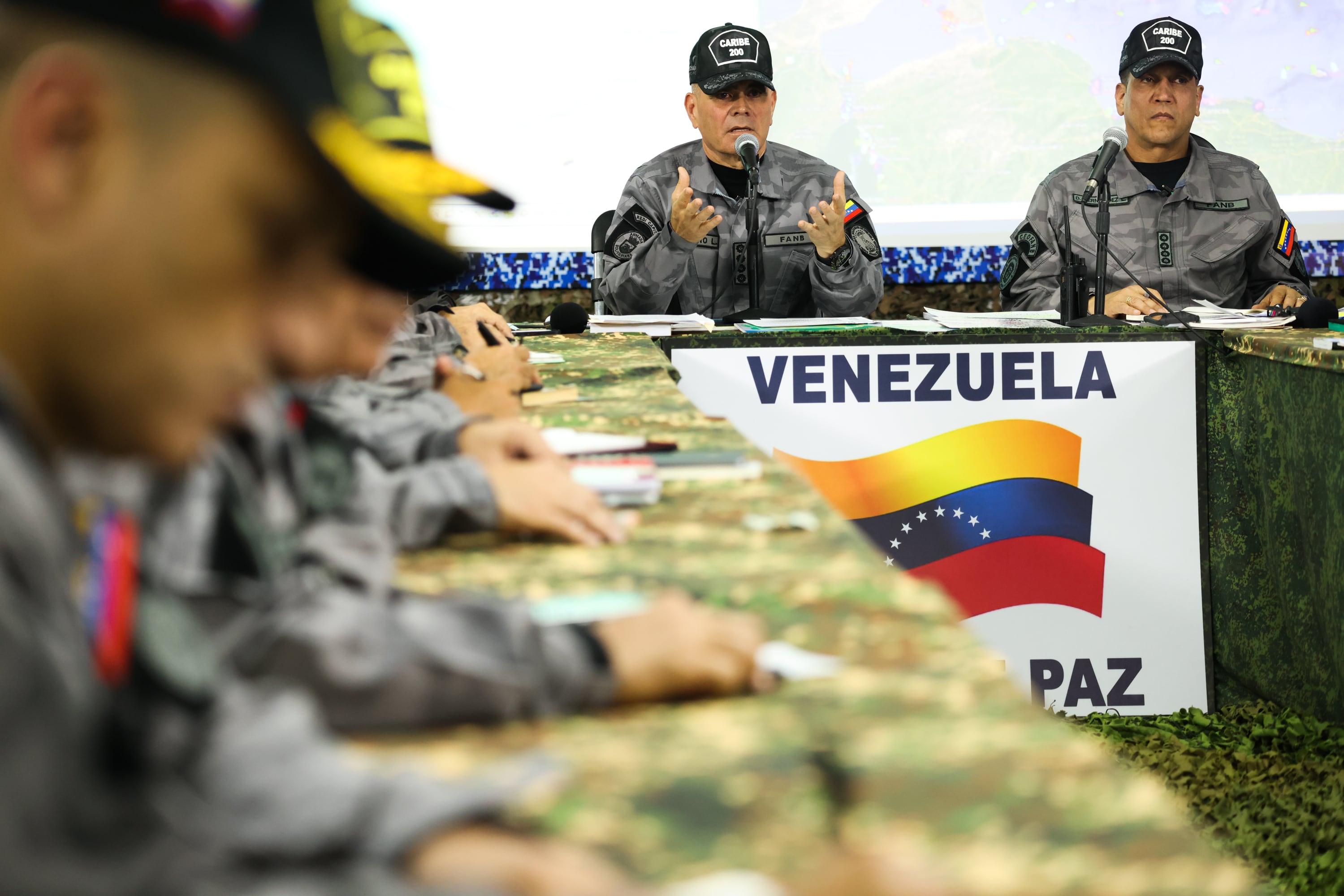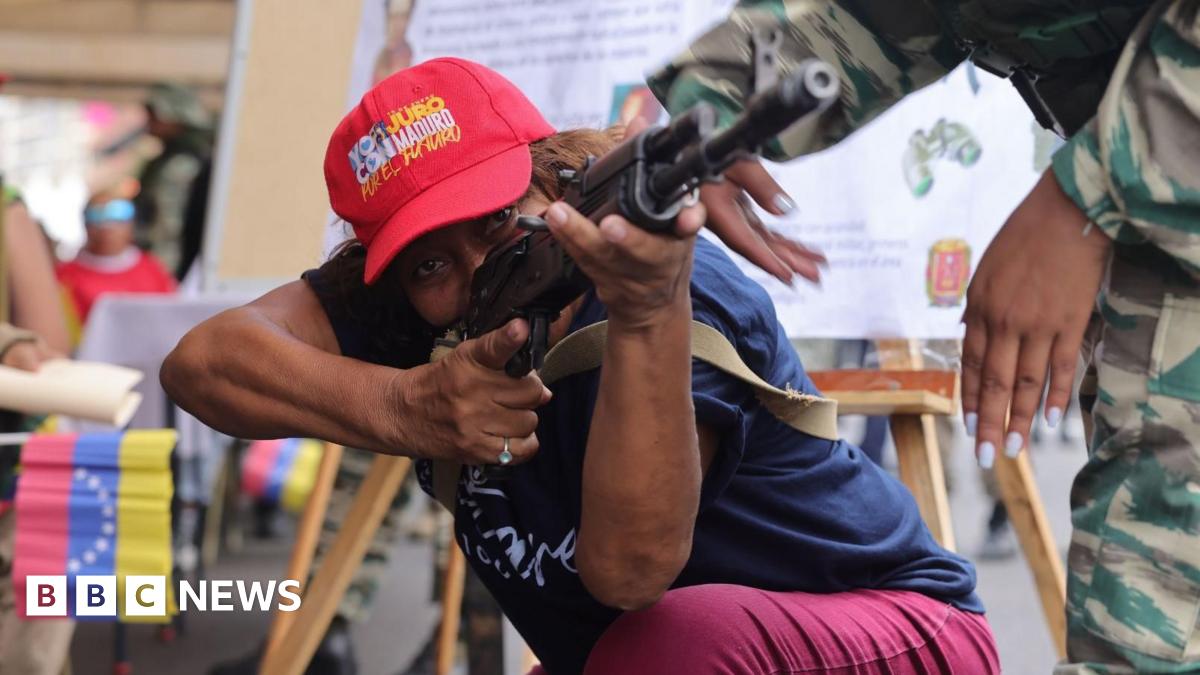Trump Declares "Armed Conflict" with Drug Cartels: Escalating the War on Drugs
Donald Trump has informed Congress that the United States is engaged in an "armed conflict" with drug cartels, marking a significant escalation in the war on drugs. This declaration reclassifies the fight against these criminal organizations as a military matter with profound implications for national security and international relations. The move follows recent U.S. military actions in the Caribbean against suspected drug smuggling vessels.
Redefining the Conflict: Unlawful Combatants and War Powers
The White House has designated suspected smugglers associated with drug cartels as “unlawful combatants,” denying them the rights afforded to regular soldiers under international law. This reclassification allows the U.S. military to attack, detain, and subject cartel members to military trials even if they are not actively engaged in combat. The administration argues this is necessary to combat the dangerous influx of narcotics into the United States.
According to The New York Times, this declaration seeks to justify recent U.S. military strikes on boats in the Caribbean, where at least three vessels were sunk and 17 people died. Democratic senators have questioned the legality of these attacks, reminding President Trump that Congress must authorize any military action under U.S. war powers law.
Venezuela's Role and the Fentanyl Crisis
The Trump administration has highlighted Venezuela’s alleged role in supplying fentanyl, a highly dangerous drug, to the American market. Venezuela is described as a major source of this drug, contributing to the country's addiction and overdose crisis. This accusation reinforces the administration's call for a strong, coordinated international effort to dismantle drug trafficking networks. However, experts point out that the majority of fentanyl comes from Mexico, not Venezuela.
Legal Justifications and Expert Opinions
The administration’s legal rationale for these actions is based on the claim that drug cartels are “nonstate armed groups” whose actions "constitute an armed attack against the United States." However, experts like Geoffrey Corn, a retired judge advocate general lawyer, argue that the actions of the cartels do not meet the standard for "hostilities" and that Trump's move is an “abuse” of power.
"Although friendly foreign nations have made significant efforts to combat these organizations, suffering significant losses of life, these groups are now transnational and conduct ongoing attacks throughout the Western Hemisphere as organized cartels," the memo said, as reported by the AP.
Congressional Response and Potential Consequences
The announcement has sparked debate within Congress, with some lawmakers questioning the administration’s legal framework and the role of Congress in authorizing military action. Senator Jack Reed, a leading Democrat, expressed concern that Trump is waging "secret wars" without congressional or public knowledge. The potential consequences for diplomacy and international relations, particularly with Venezuela and other Latin American countries, are significant.
War on Terror Tactics and Intelligence Concerns
The Trump administration's approach mirrors tactics used in the war on terror, but experts like Vanda Felbab-Brown from the Brookings Institution question its effectiveness against drug cartels. She argues that lethal strikes, unlike arrests, prevent the gathering of valuable intelligence about cartel networks and operations.
Furthermore, concerns exist about the potential for unintended consequences, such as a shift to land-based smuggling routes, increased violence, and a nationalist backlash in Latin America due to a history of U.S. intervention.
 Visit the website
Visit the website







